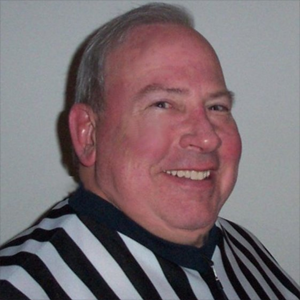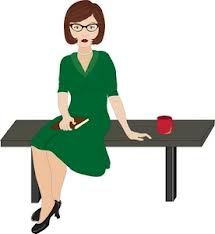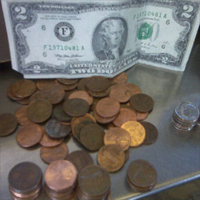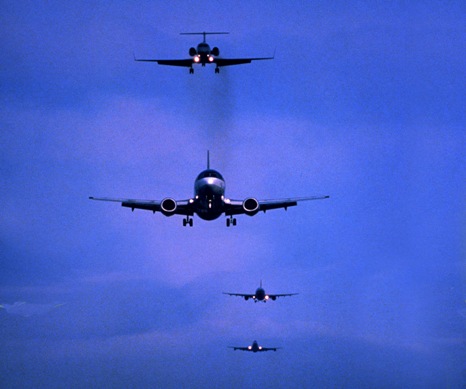
Rndballref
20 Years Experience
Chicago, IL
Male, 60
For twenty years I officiated high school, AAU and park district basketball games, retiring recently. For a few officiating is the focus of their occupation, while for most working as an umpire or basketball referee is an avocation. I started ref'ing to earn beer money during college, but it became a great way to stay connected to the best sports game in the universe. As a spinoff, I wrote a sports-thriller novel loosely based on my referee experiences titled, Advantage Disadvantage
yes if he changes the call right away. it looks sloppy, but if it is the right thing to do he should reverse it.
If team A controlled the tap, then they established team control, and it would be a backcourt violation. If in the judgement of the officials team A did not control the tap, then no violation.
Here is the definition of "held ball" in the rule book:
A held ball occurs when 1…opponents have their hands so firmly on the ball that control cannot be obtained without due roughness, or 2…an opponent places his/her hands on the ball and prevents an airborne player from throwing the ball or releasing it on a try.
In the first instance, control cannot be obtained. In the second instance the offensive player starts with control but then loses the ability (i.e.. control) to pass or shoot. So I think you are splitting hairs - each of you are right and wrong in definition 1 vs 2.
Here are the screening rules:1) Stationary B1: A2 is setting a pick and B1 can see the pick within his visual field, then A2 can set the pick anywhere short of contact. If B1 cannot see the pick within his visual field, A1 must set the pick no closer than 1 normal step.2) Moving B1: When screening a moving opponent, the rule book says he must be given time and distance to avoid the pick. The speed of the opponent is a key to allowing this distance and may be one or two steps, all in the judgement of the officials3) Moving B1 and A1, the player moving behind the direction they are moving is responsible for contact.
Inner City English Teacher
 Are you pressured by administrators to pass kids that aren't ready yet?
Are you pressured by administrators to pass kids that aren't ready yet?
Toll Collector
 What happens when a car blows past a tollbooth without paying?
What happens when a car blows past a tollbooth without paying?
Air Traffic Controller
 Have you ever ordered a pilot to abort mid-takeoff?
Have you ever ordered a pilot to abort mid-takeoff?
According to NFHS rules, a referee can alter the scoreboard if, and only if he has direct knowledge of the error and correction. So, in this case you start with 7.6 minutes. The throw-in team has 5 seconds to avoid a violation. So theoretically the violation should have been called with 2.6 seconds. You might think that this is the end of it. However, it takes longer to administer a throw in than 2.6 seconds, allowing both teams to set up. So unfortunately I think the game ended. This is why I dislike running clocks in close games.
There is a long running example of this in previous case books from NFHS: "If the scorer signals the horn when the ball is live, the officials shall ignore the signal if a scoring play is in progress. Otherwise the officials may stop play to determine why the horn was sounded."
In your scenario, count the basket, then blow the whistle (because a scoring play was going on while the horn was originally sounded.
ok
-OR-
 Login with Facebook
Login with Facebook (max 20 characters - letters, numbers, and underscores only. Note that your username is private, and you have the option to choose an alias when asking questions or hosting a Q&A.)
(A valid e-mail address is required. Your e-mail will not be shared with anyone.)
(min 5 characters)
By checking this box, you acknowledge that you have read and agree to Jobstr.com’s Terms and Privacy Policy.
-OR-
 Register with Facebook
Register with Facebook(Don't worry: you'll be able to choose an alias when asking questions or hosting a Q&A.)